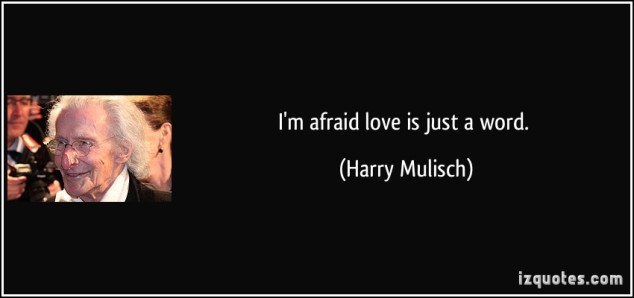Great question!
I have no writing career as such, but I do enjoy writing. I can better share who my favourite authors per language were & how others described my style of writing.
Naguib Mahfouz‘s novels influenced my Arabic the most. I read them all, except for about 7 novels. His novels are a must read for anyone who loves culture-rich literature.
Harry Mullisch‘s books must have influenced my Dutch, although I’m told to have a distinct non-typical Dutch style of my own through a blend of some English and Arabic influences, clearly obvious in my use of long sentences that don’t break my thoughts and my preferred use of formal jargon making it closer to “legal language”, like this one long sentence right here!
I read his most famed ones like “The Assault” & “The Discovery of Heaven”; a reading tip for lovers of world literature.
English is more of an indiscriminate mix. Though, I recently received the valuable comment from my most valued critic, my father, that I have something of Franz Kafka‘s & Fyodor Dostoyevsky‘s styles in my critical writing (both non-native English authors by the way) . I considered such a far-fetched comparison a true compliment and one to follow-through with!
Having read only the translations of their works, my thanks should go out to the translators, I guess; a humble ode to the most underrated professionals throughout history!







